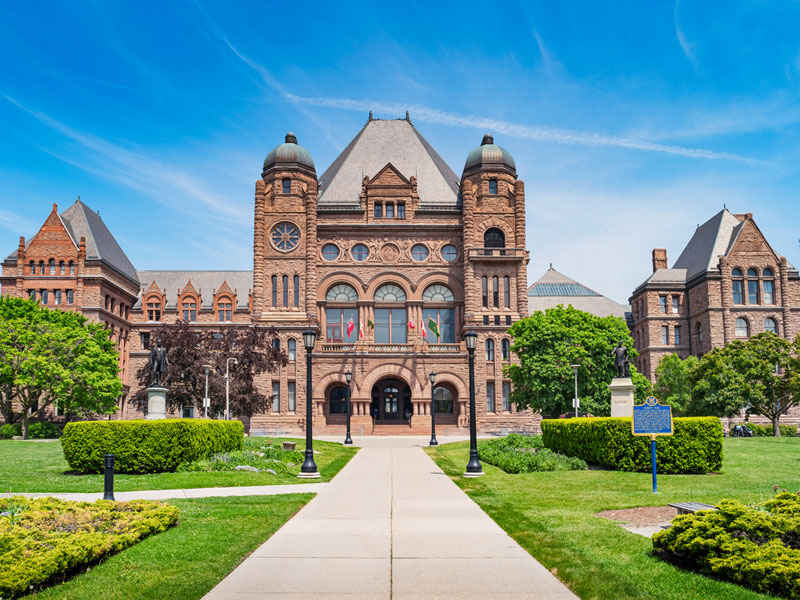
The Ontario government proposed a new refundable tax credit to help low- and moderate-income seniors with medical expenses in its 2022 budget tabled Thursday.
The province also proposed expanding the tax relief available under the existing Low-income Individuals and Families Tax Credit (LIFT) targeted to low-income workers in the province.
Eligible recipients of the new Ontario Seniors Care at Home Tax Credit would receive up to 25% of their claimable medical expenses up to $6,000, for a maximum credit of $1,500, starting with the 2022 tax year. The proposed credit is intended to help senior families age at home.
Tax filers would be eligible for the Ontario Seniors Care at Home Tax Credit if they or their spouse turned 70 or older in the year. They also have to be resident in Ontario at the end of the tax year.
The credit amount would be reduced by 5% of family net income over $35,000 and be fully phased out at $65,000.
This family net income test is identical for singles and couples to recognize that single seniors incur higher medical expenses on average compared to senior couples, the budget document said.
The proposed refundable tax credit could be claimed in addition to the non‐refundable federal and Ontario medical expense tax credits (METC) for the same eligible expenses. The government’s intention is for the new credit to support senior families who cannot fully benefit from existing METCs because they owe little to no personal income tax.
Eligible medical expenses would be the same as those claimed for the Ontario METC, including attendant care; assistive breathing devices; dental, vision and hearing care; wheelchairs and electric scooters; hospital beds; and bathroom aids.
As with the federal and provincial METCs, expenses could be combined with those of the claimant’s spouse, common‐law partner or dependents. The incomes of both spouses would also be combined for the phase‐out of the proposed credit.
Claimants of the new credit would receive an estimated $550 in support in 2022, on average, the government estimated. Senior families would claim the new credit when they file their tax returns.
The new credit will cost $385 million over the next three fiscal years, the government estimated.
Enhanced LIFT Credit
The government is also proposing an enhancement to the non‐refundable LIFT credit starting with the 2022 tax year. First introduced in 2018, the LIFT credit provides up to $850 in Ontario personal income tax relief each year to lower‐income tax filers with employment income.
Under the proposed enhancement, the LIFT credit would be calculated as the lesser of $875, increased from the current $850, and 5.05% of employment income. This amount would then be reduced by 5% (decreased from the current 10%) of the greater of adjusted individual net income above $32,500 (up from the current $30,000) and adjusted family net income above $65,000 (up from the current $60,000).
The resulting amount would then be applied against the taxpayer’s Ontario personal income tax otherwise payable, excluding the Ontario Health Premium.
Taxpayers with more than $50,000 in adjusted individual net income, up from the current $38,500, or more than $82,500 in adjusted family net income, up from the current $68,500, would not receive tax relief from the LIFT credit. Those with no Ontario personal income tax payable or no employment income would also not receive tax relief from the LIFT credit.
Under this proposed enhancement, 1.1 million lower‐income workers would see an additional $300, on average, in tax relief in 2022.
The LIFT credit enhancement will cost $1.04 billion over the next three fiscal years, the government estimated.